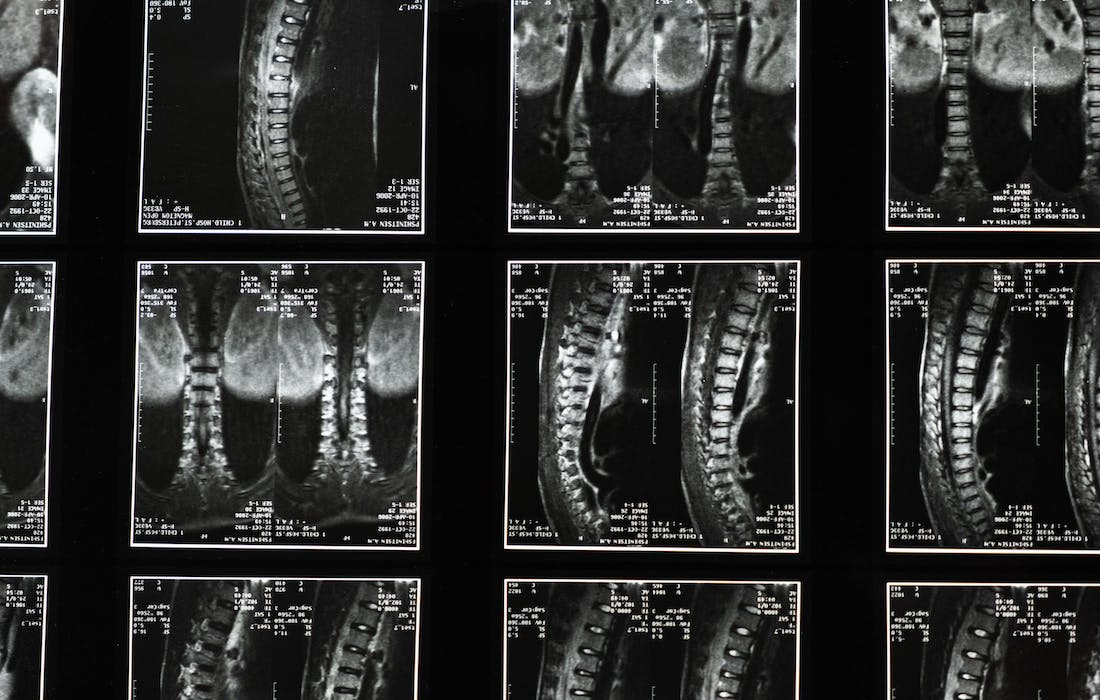A drug used to treat rheumatoid arthritis could also prevent the disease in individuals deemed to be at risk. Results from a Phase 2b clinical trial, published in The Lancet by researchers led by King’s College London, provides hope for arthritis sufferers after it was shown that the biologic drug abatacept reduces progression to this […]
Author Archives: Karely Vega, MD
When an enemy invades, defenders are ferried to the site to neutralise the marauders. In the human body, a protein carrier called SPNS2 transports S1P molecules from endothelial cells to rally immune cell response in infected organs and tissues. Using specially-developed nanobodies that bind to SPNS2 and enlarge the entire structure, the enlarged SPNS2 structure […]
Type 2 diabetes alters the behavior of discs in the vertebral column, making them stiffer, and also causes the discs to change shape earlier than normal. As a result, the disc’s ability to withstand pressure is compromised. This is one of the findings of a new study in rodents from a team of engineers and […]
Canadian researchers led by Montreal radiologist Gilles Soulez have developed a novel approach to treat liver tumours using magnet-guided microrobots in an MRI device. Guided by an external magnetic field, miniature biocompatible robots, made of magnetizable iron oxide nanoparticles, can theoretically provide medical treatment in a very targeted manner. Until now, there has been a […]
People who have had the herpes virus at some point in their lives are twice as likely to develop dementia compared to those who have never been infected. A new study from Uppsala University confirms previous research on whether herpes can be a possible risk factor for dementia. The researchers studied 1,000 70-year-olds from Uppsala […]
Like other factors such as age, sex and genetics, smoking has a major impact on immune responses. This is the finding recently made by a team of scientists at the Institut Pasteur using the Milieu Intérieur cohort of 1,000 healthy volunteers, established to understand variability in immune responses. In addition to its short-term impact on […]
Antiretroviral therapies (ART) stop HIV replication in its tracks, allowing people with HIV to live relatively normal lives. However, despite these treatments, some HIV still lingers inside cells in a dormant state known as “latency.” If ART is discontinued, HIV will awaken from its dormant state, begin to replicate, and cause acquired immunodeficiency syndrome (AIDS). […]
The replacement of regular salt with a salt substitute can reduce incidence of hypertension, or high blood pressure, in older adults without increasing their risk of low blood pressure episodes, according to a recent study in the Journal of the American College of Cardiology. People who used a salt substitute had a 40% lower incidence […]
A new study led by researchers at the Marshall University Joan C. Edwards School of Medicine sheds light on the intricate interplay of brain regions involved in nicotine’s effects on the human brain. The research, published in eNeuro, an open-access, peer-reviewed scientific journal published by the Society for Neuroscience, explores how nicotine influences key areas […]
The capacity of intestinal stem cells to maintain cellular balance in the gut decreases upon ageing. Researchers at the University of Helsinki have discovered a new mechanism of action between the nutrient adaptation of intestinal stem cells and ageing. The finding may make a difference when seeking ways to maintain the functional capacity of the […]










